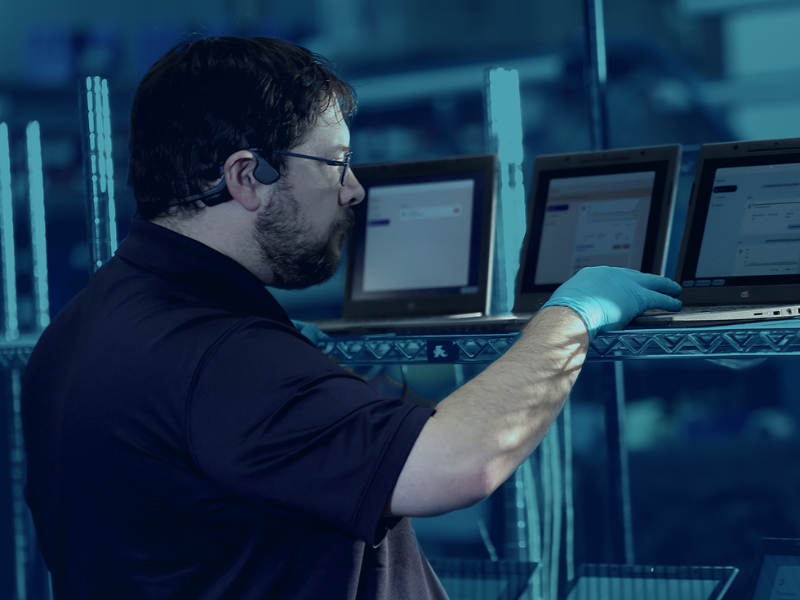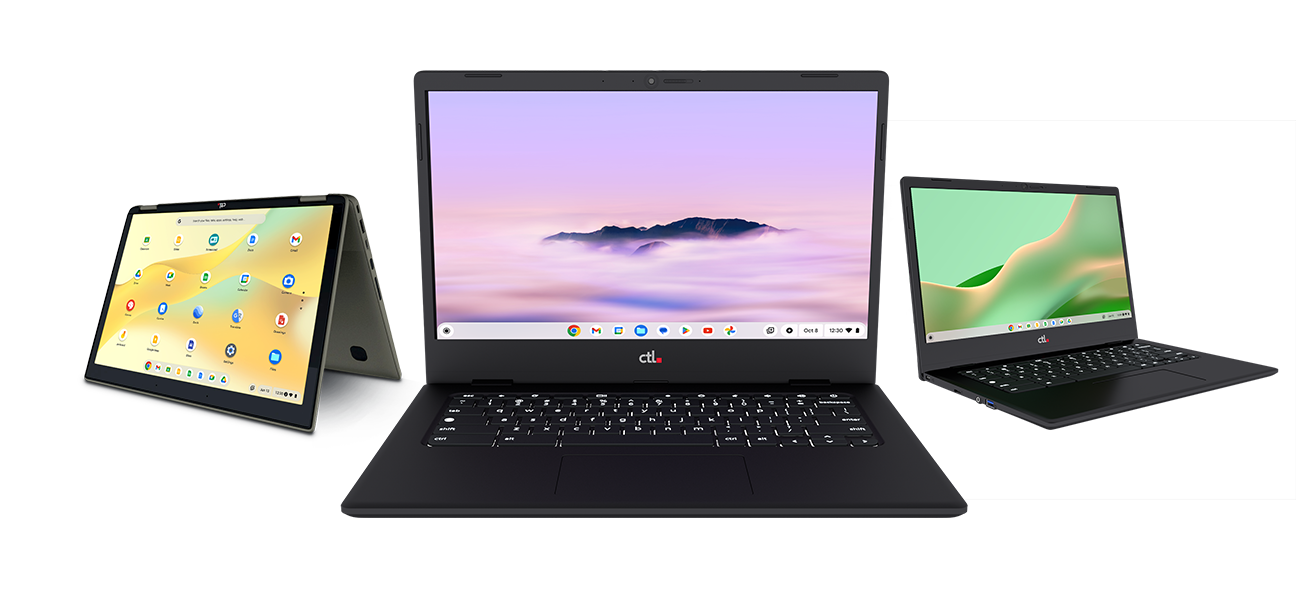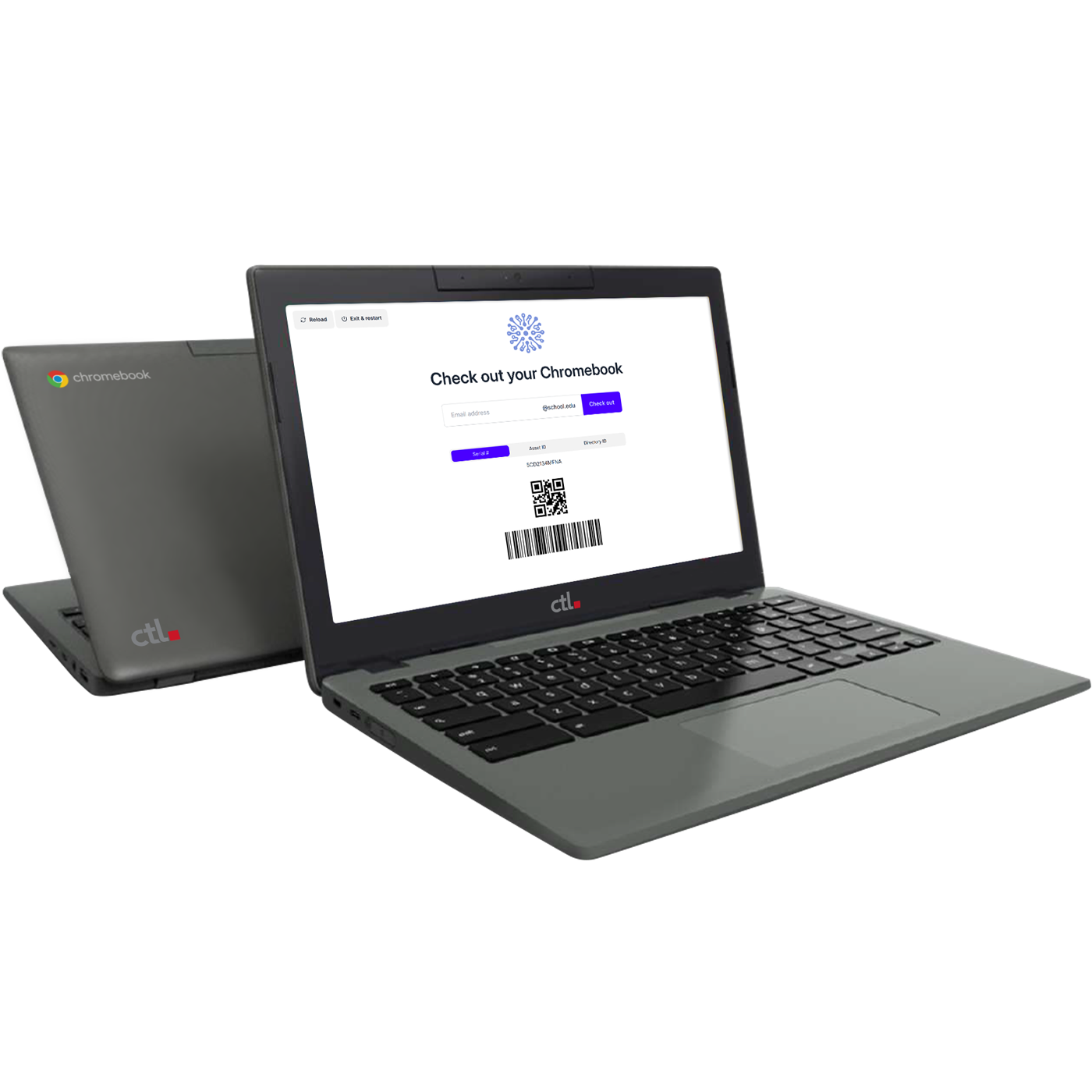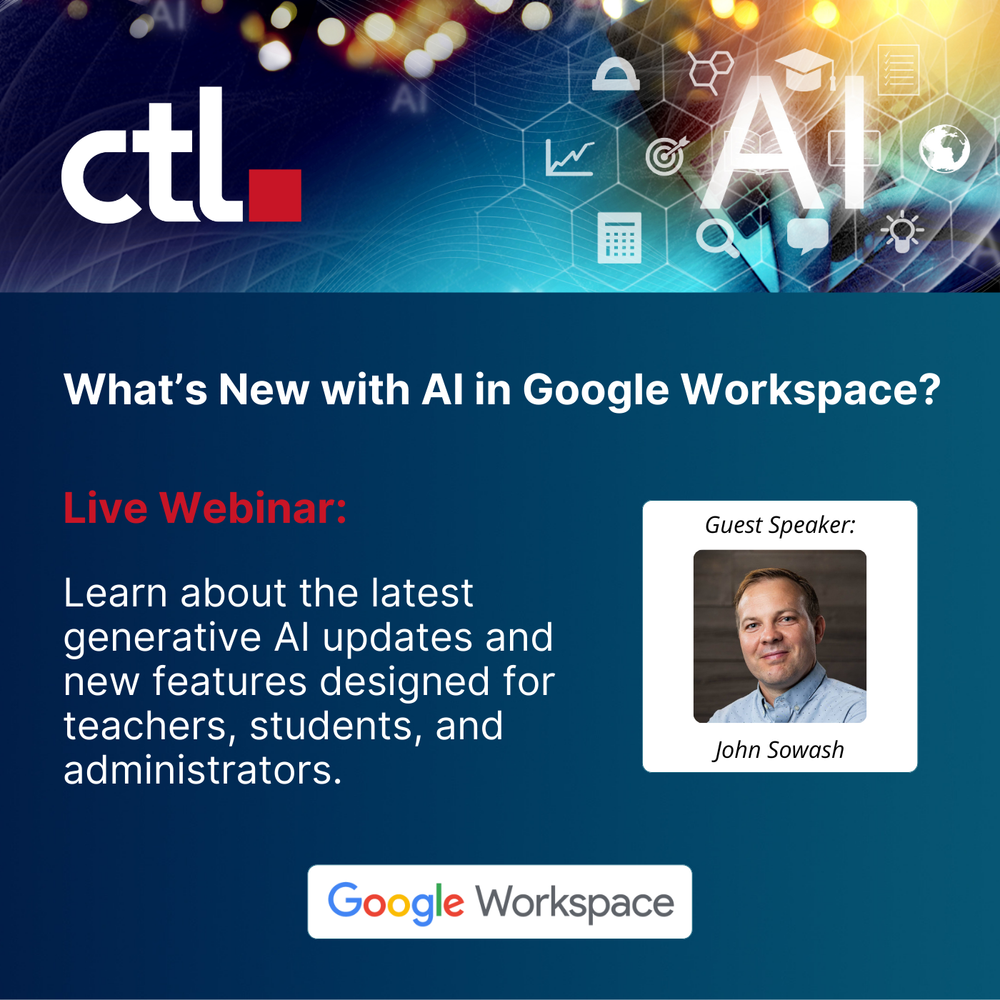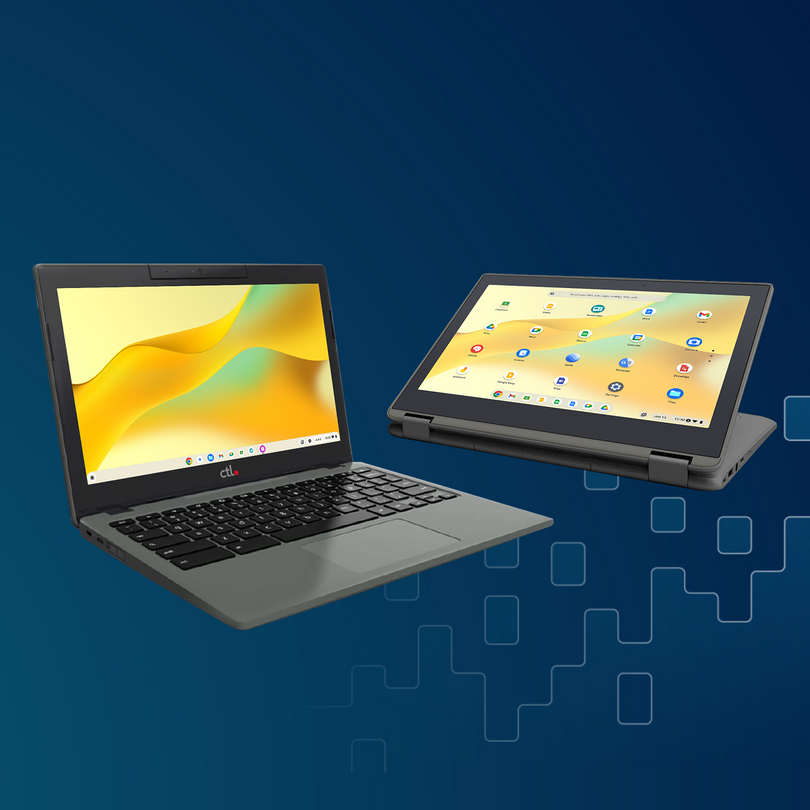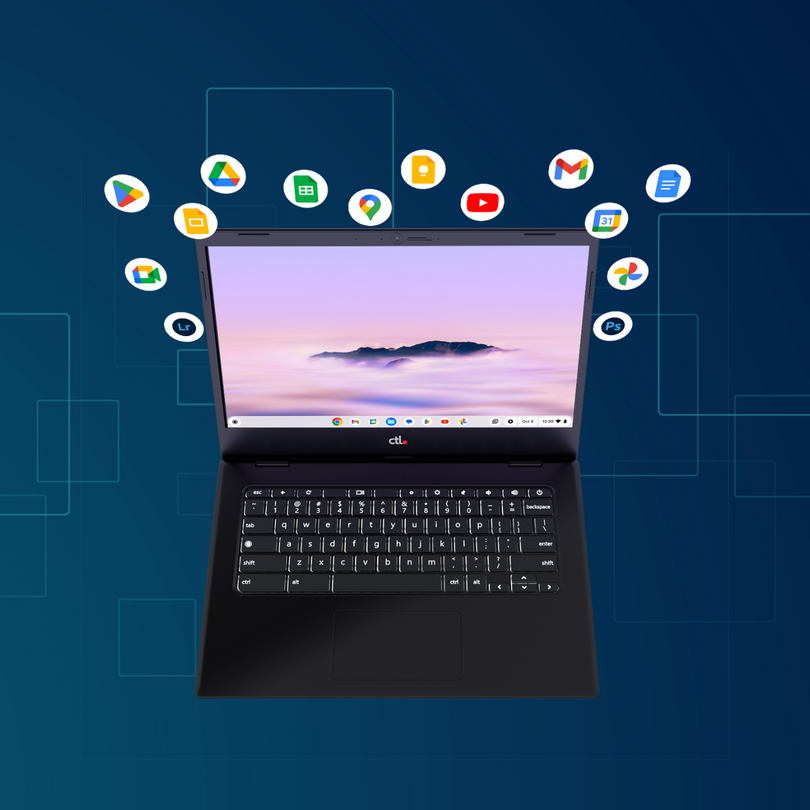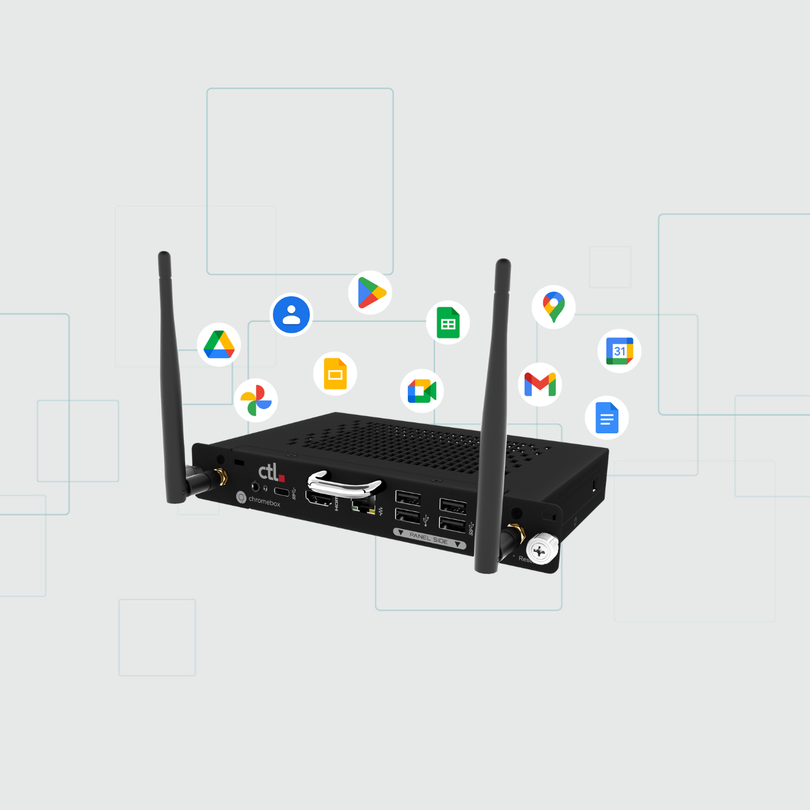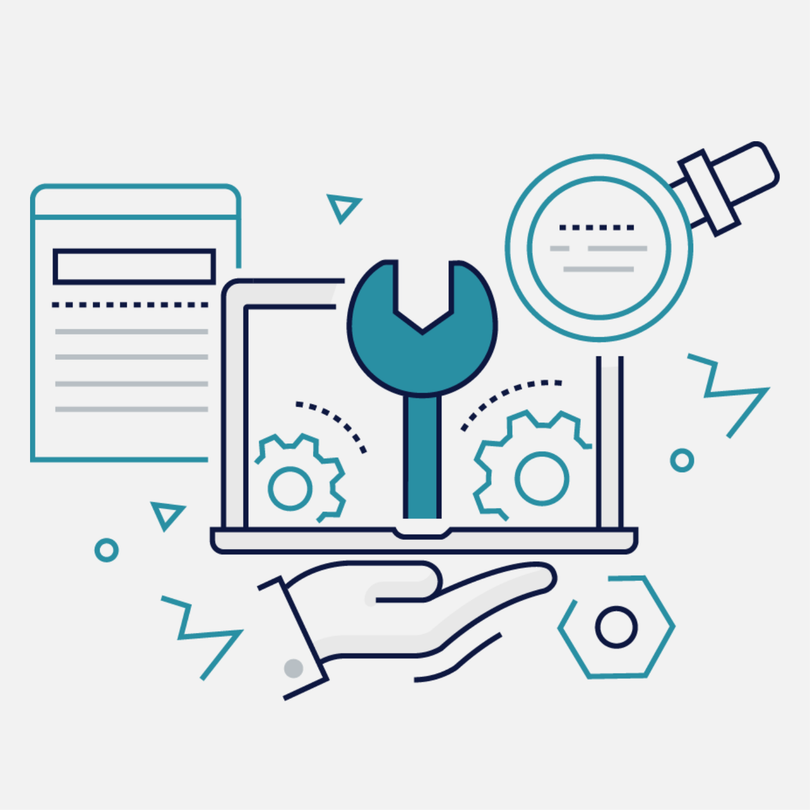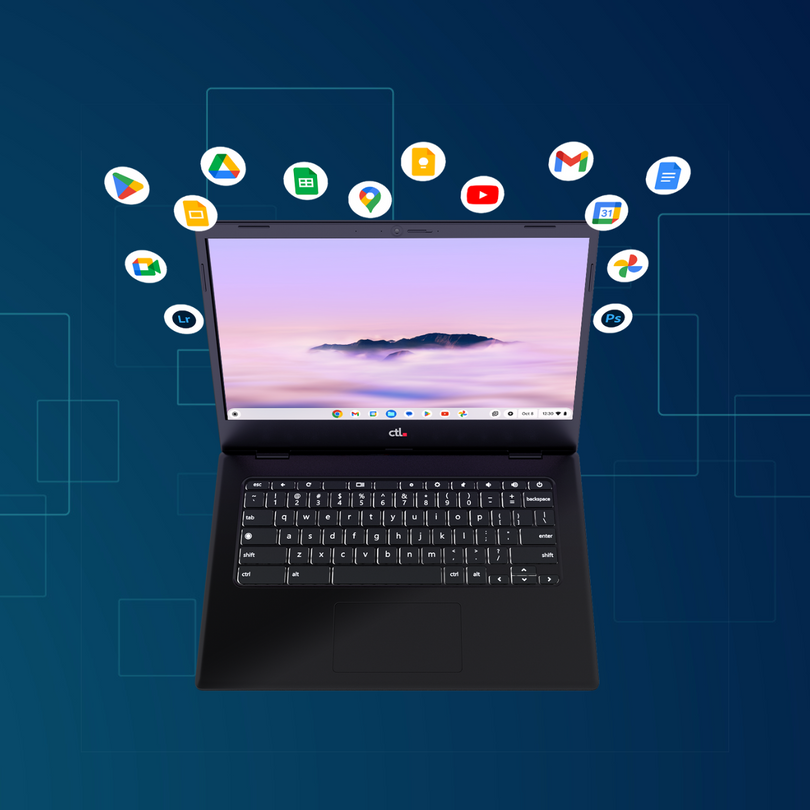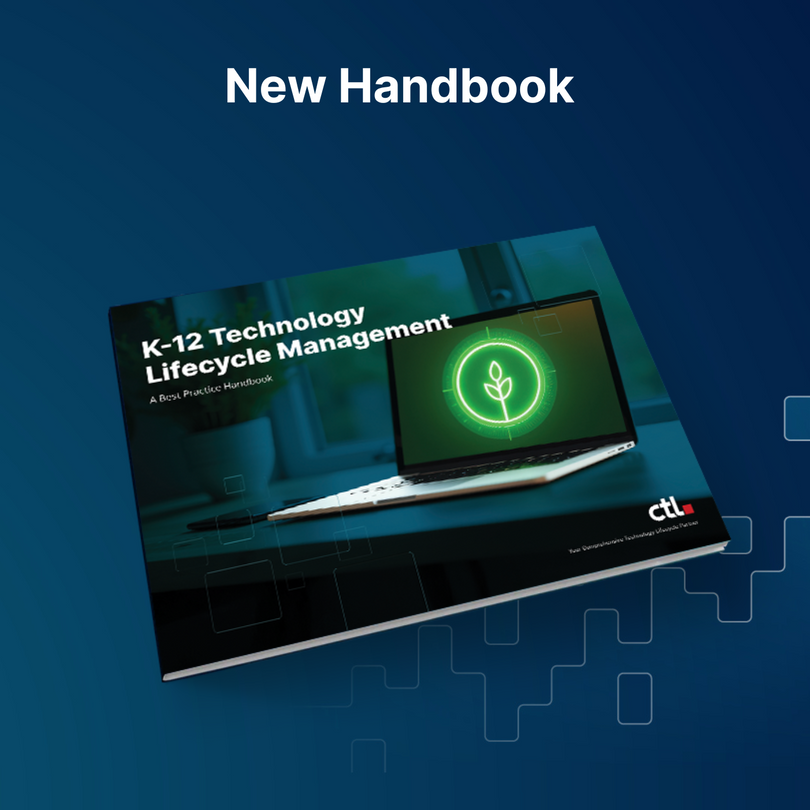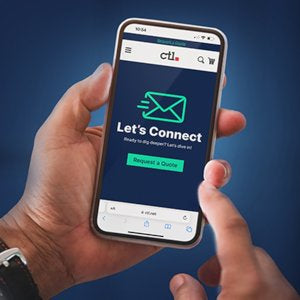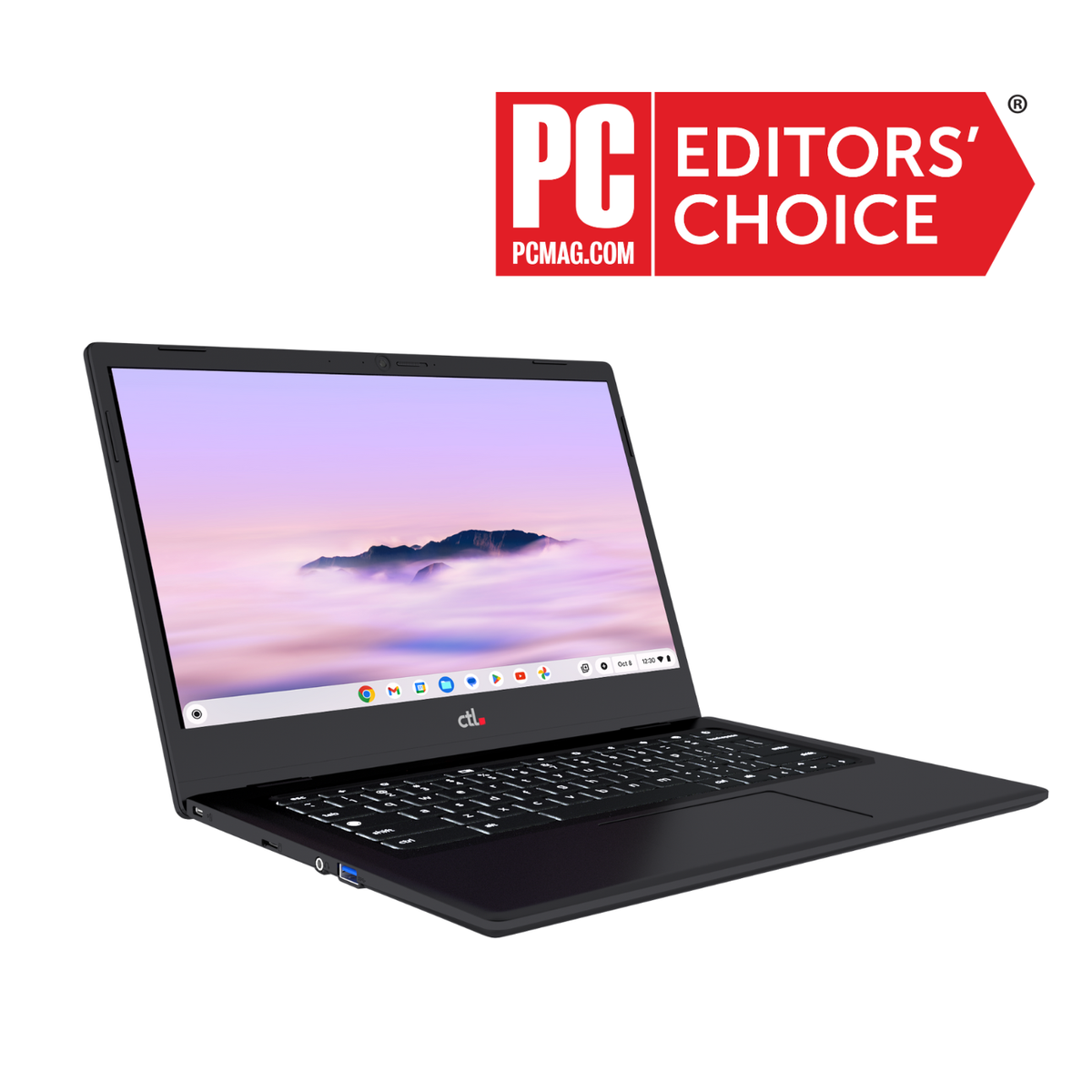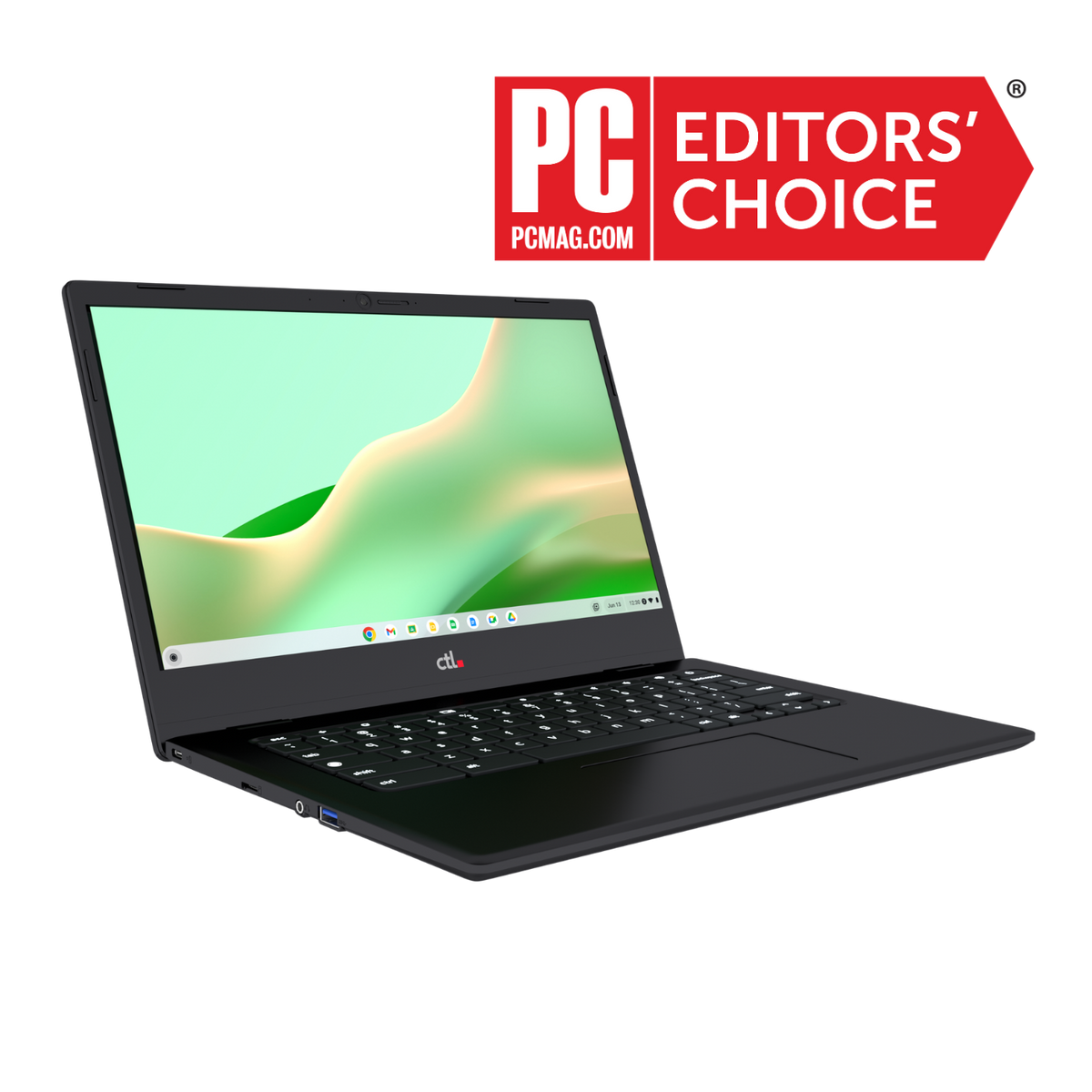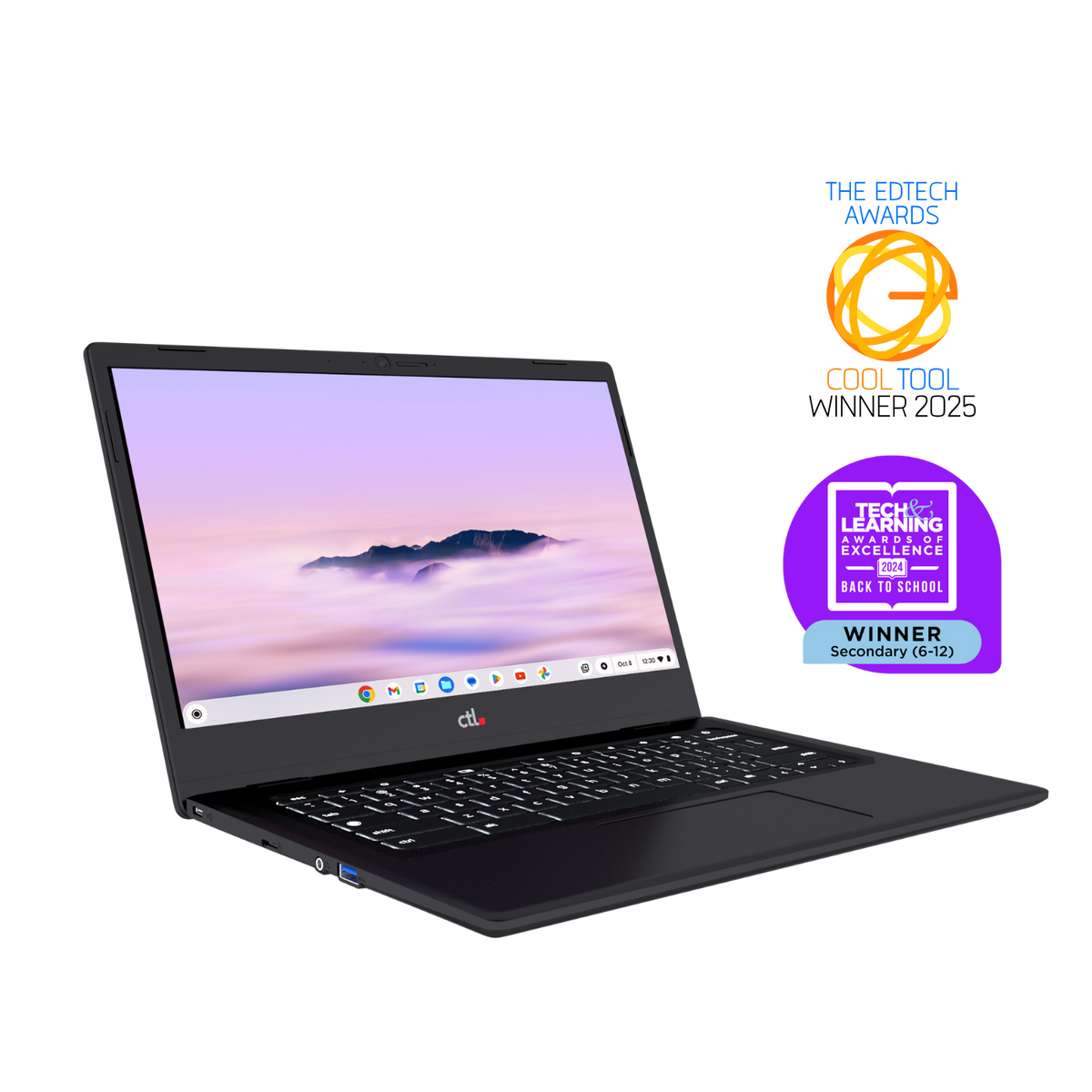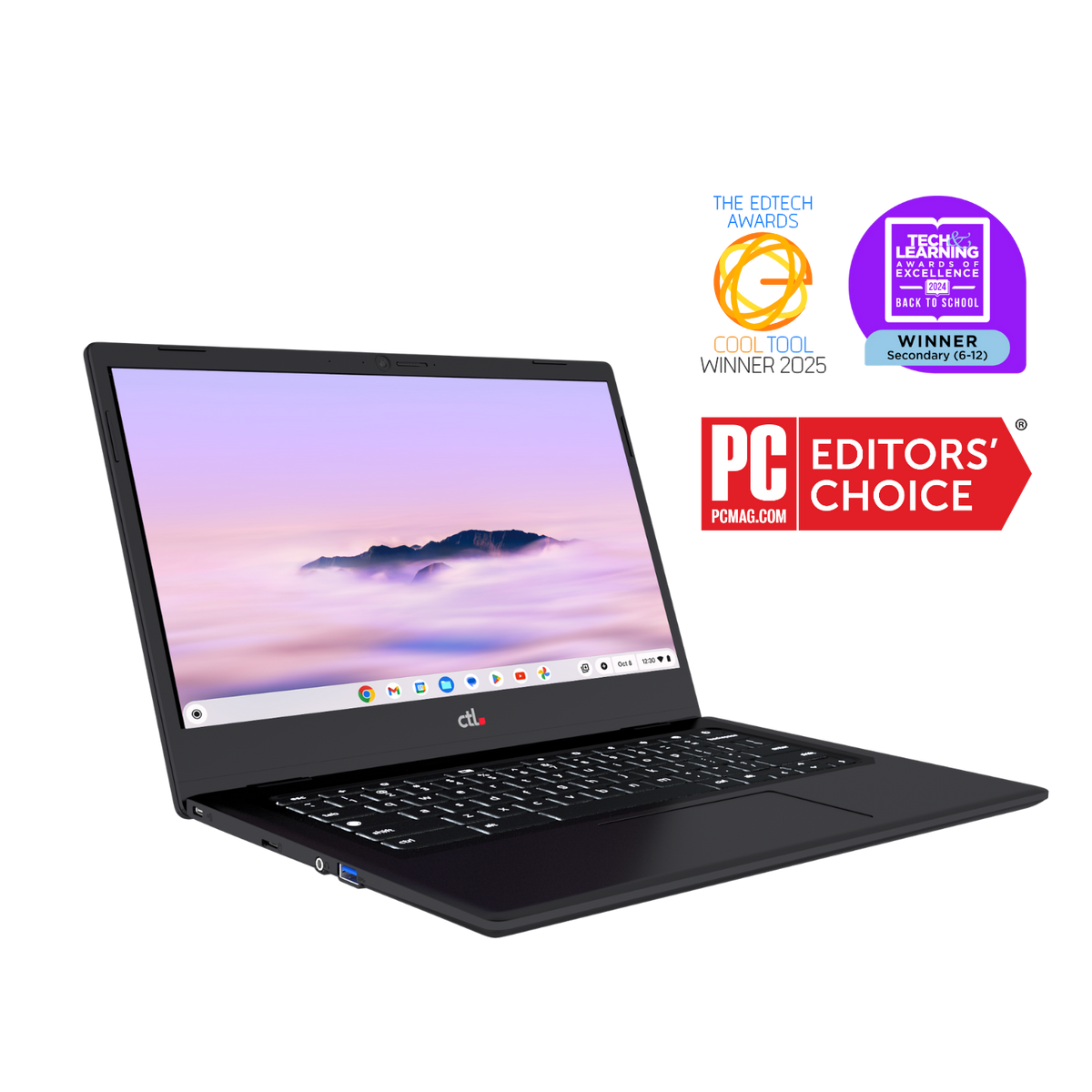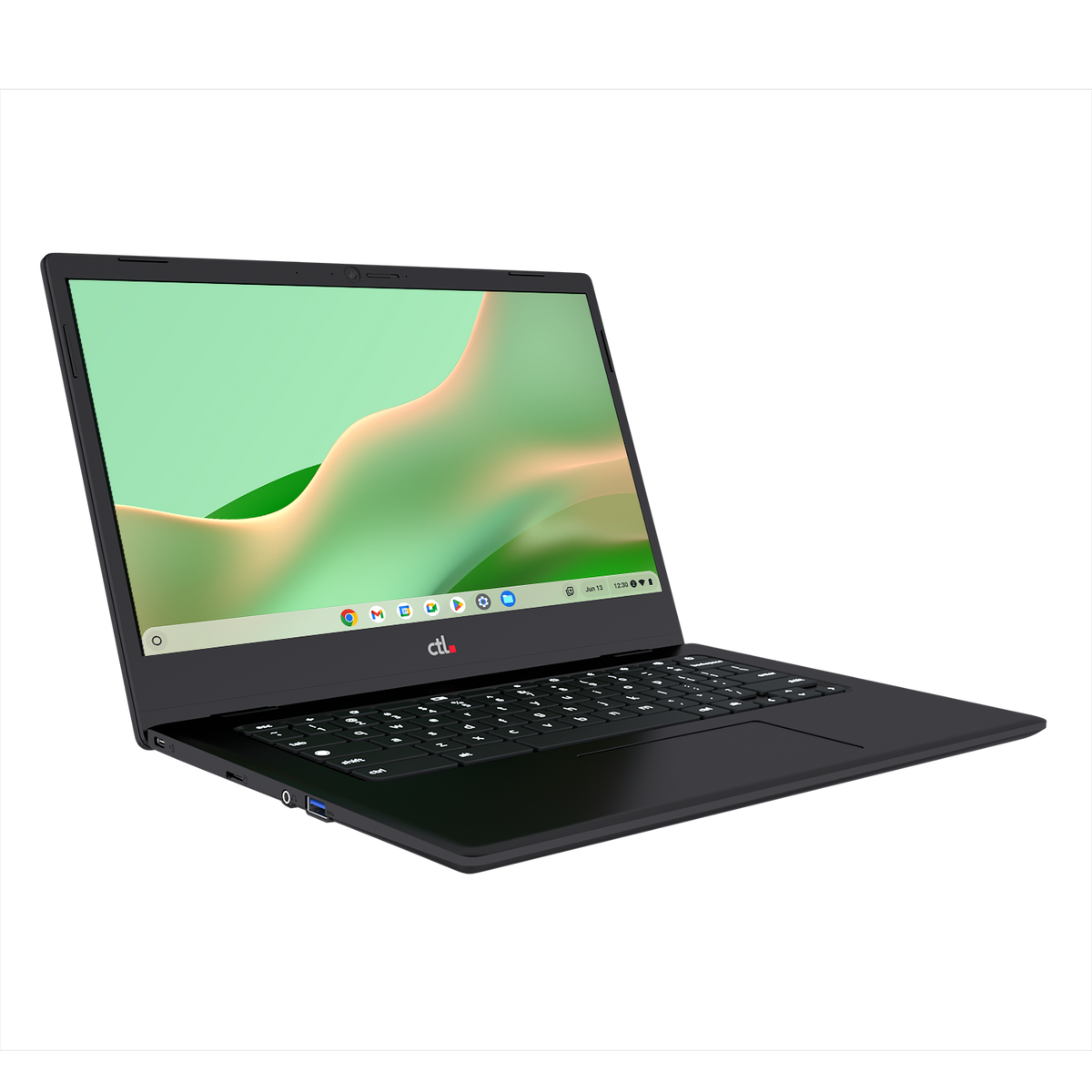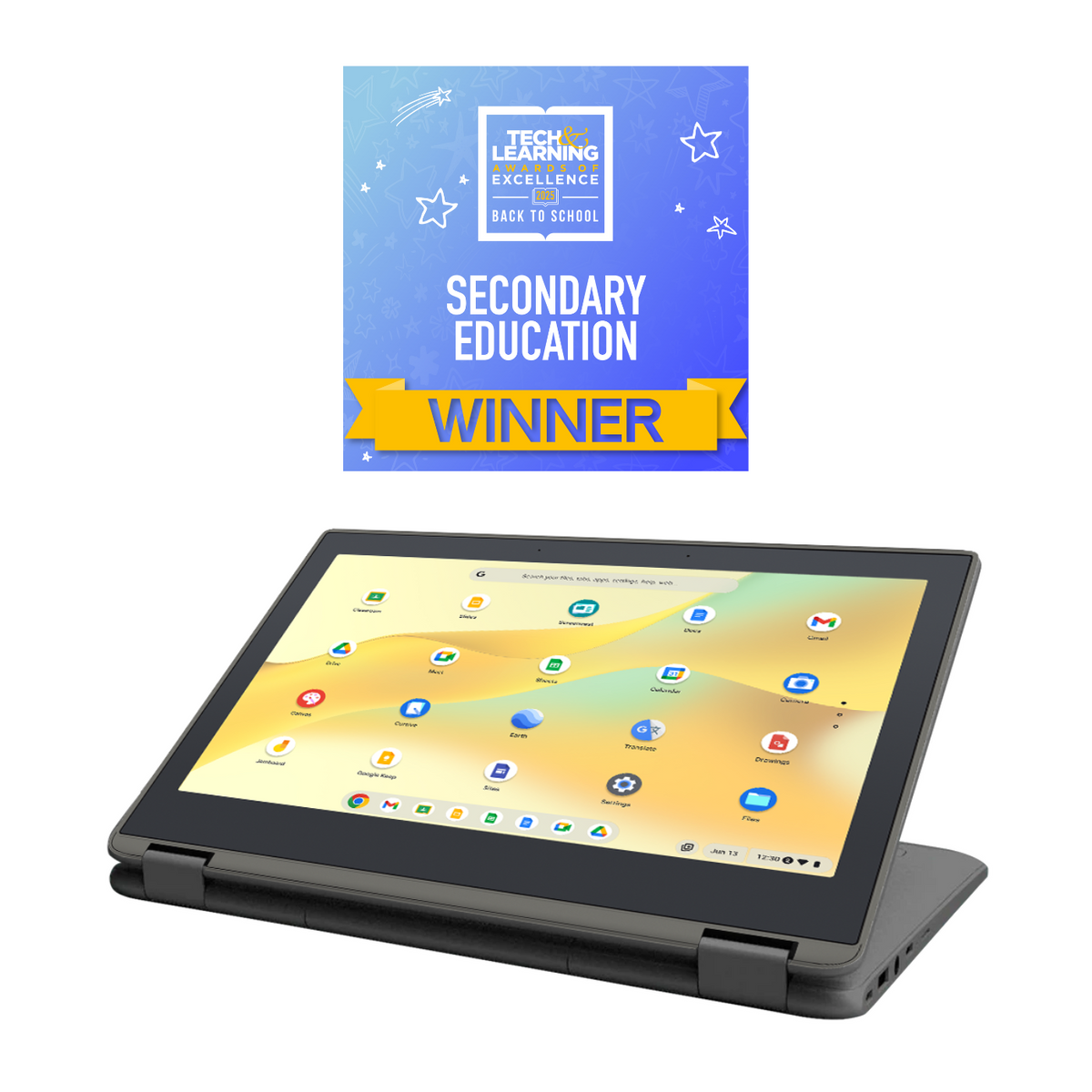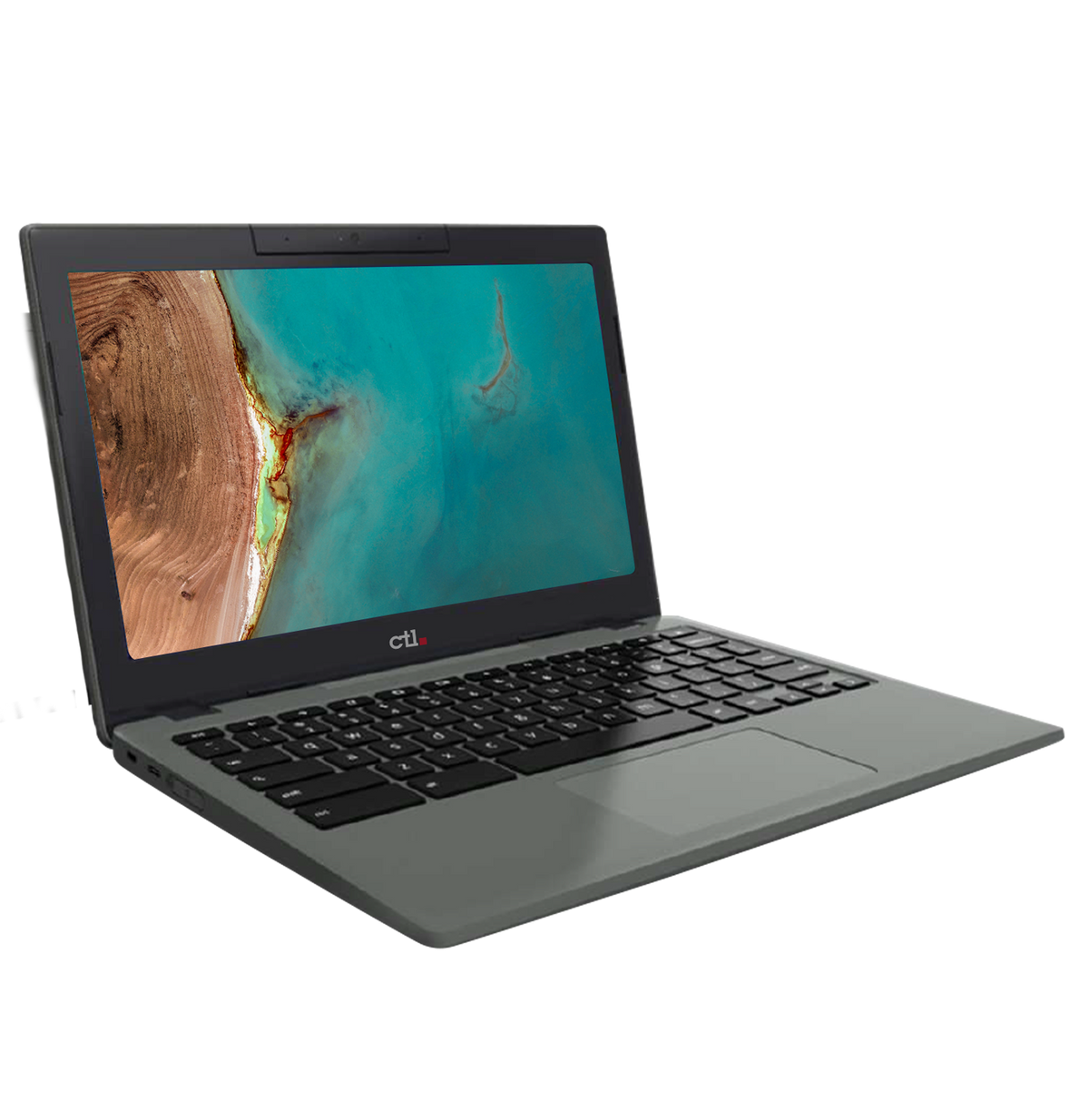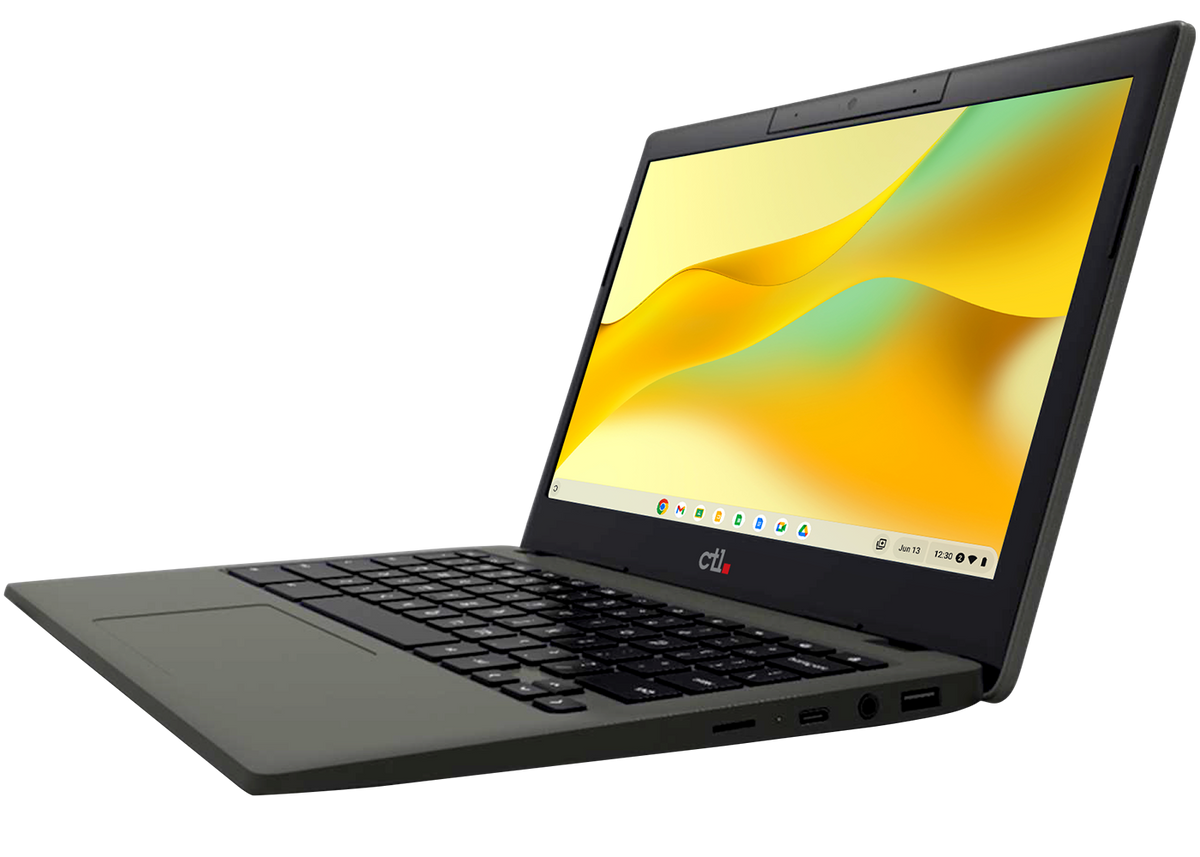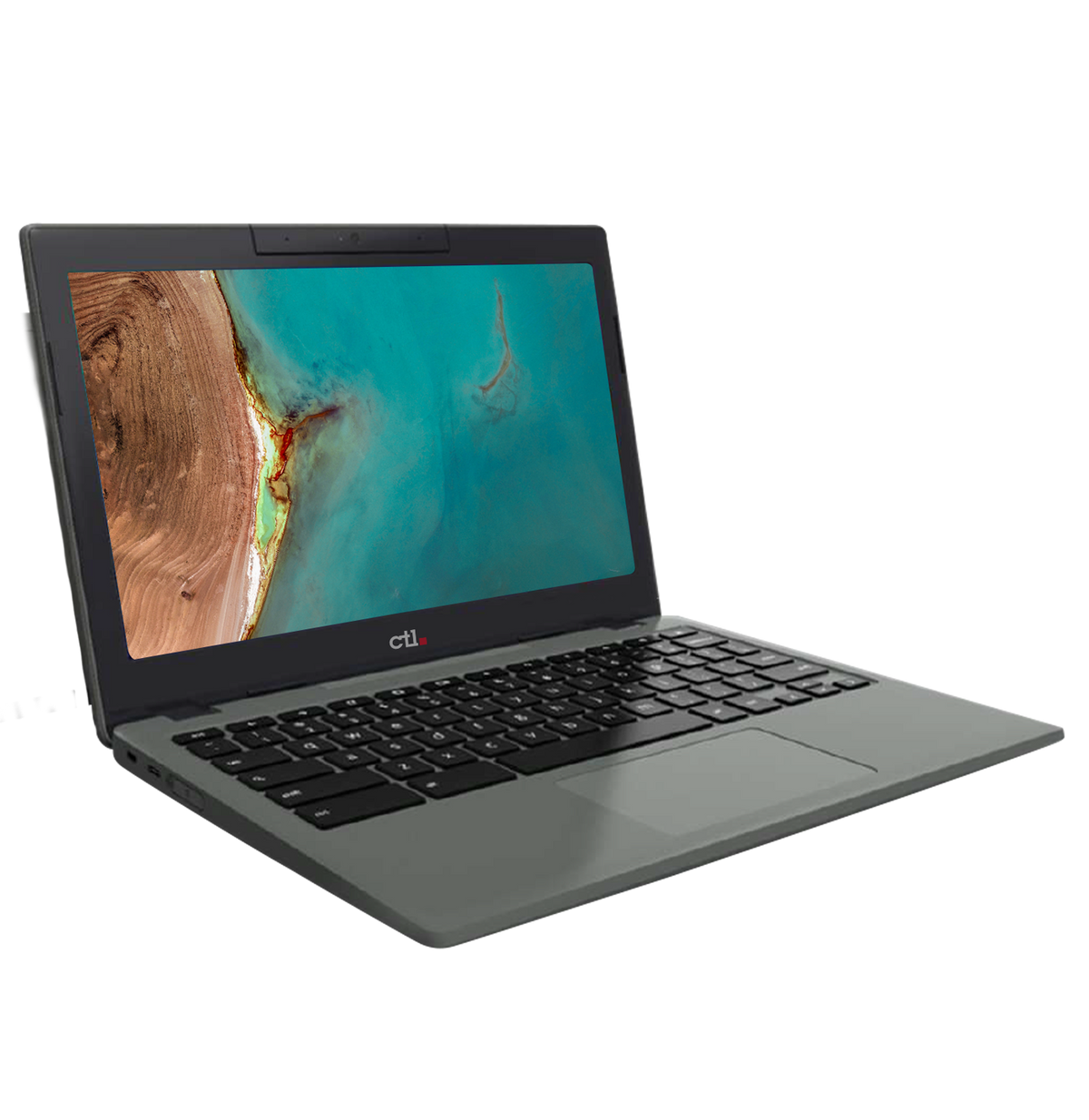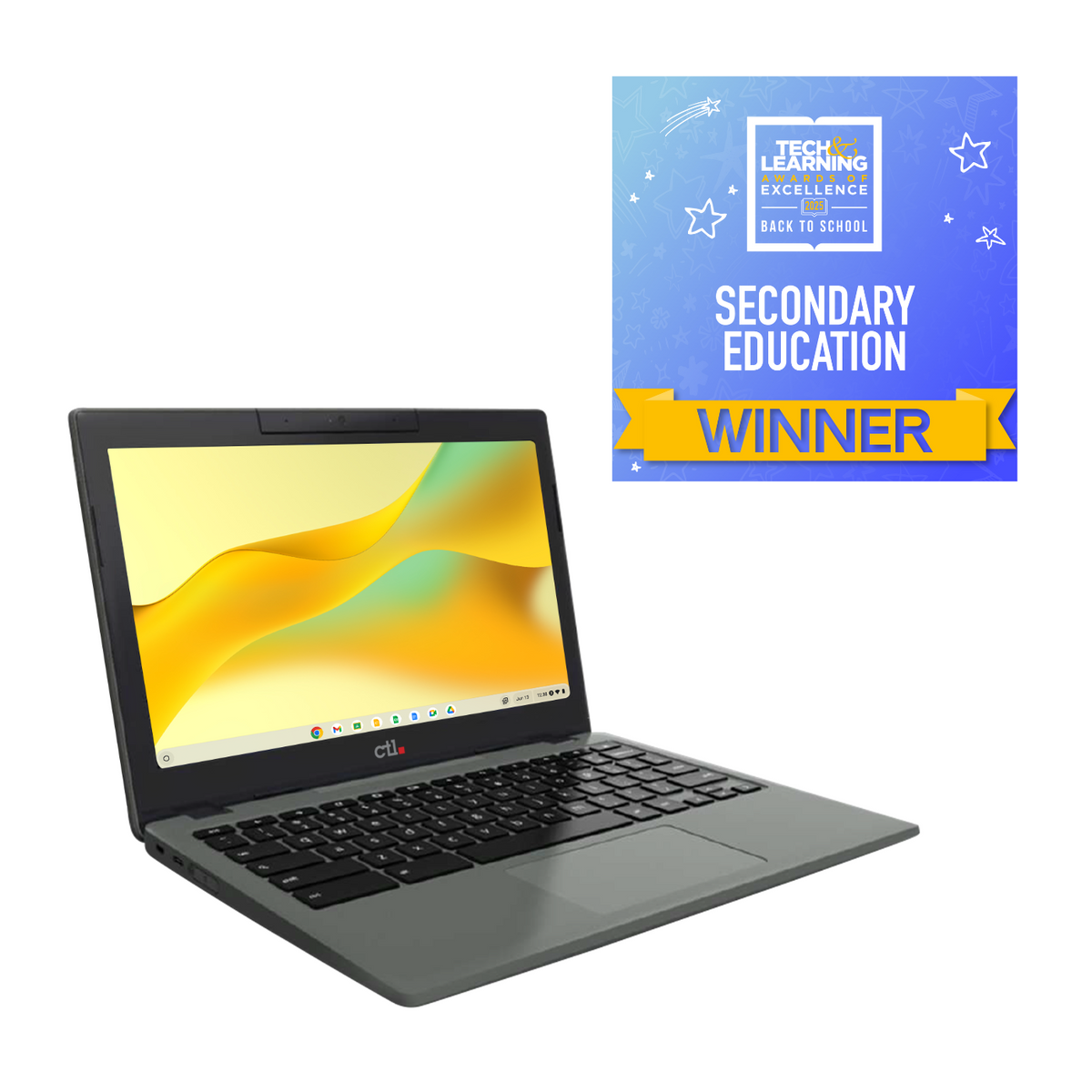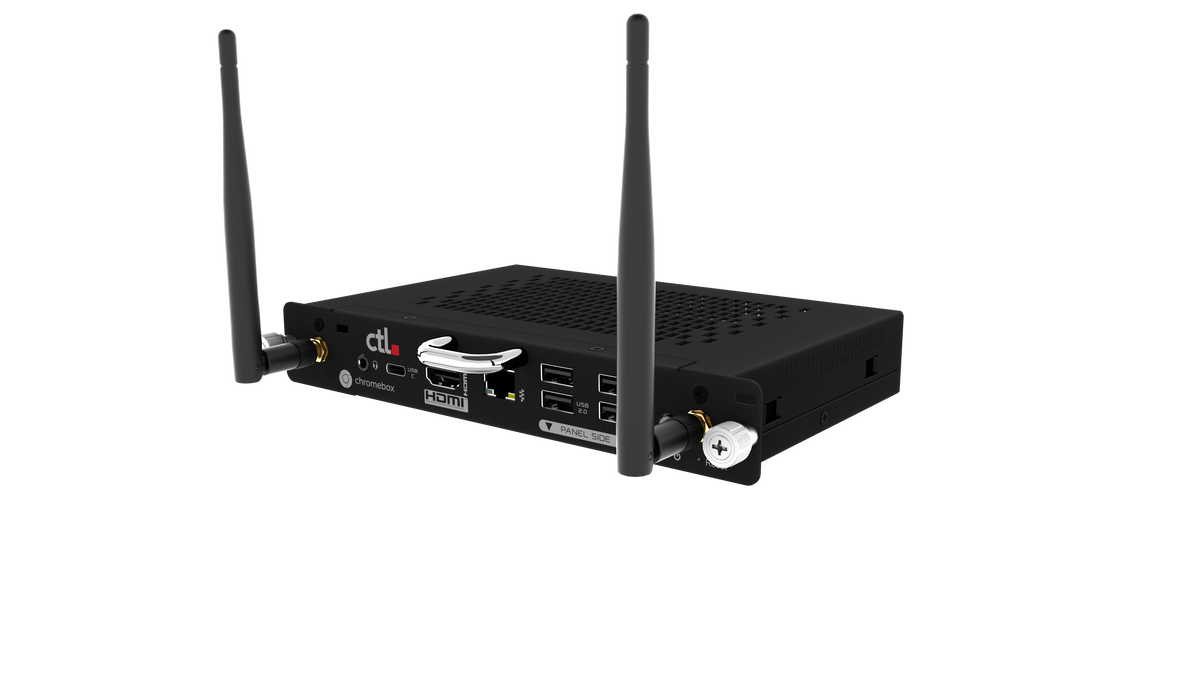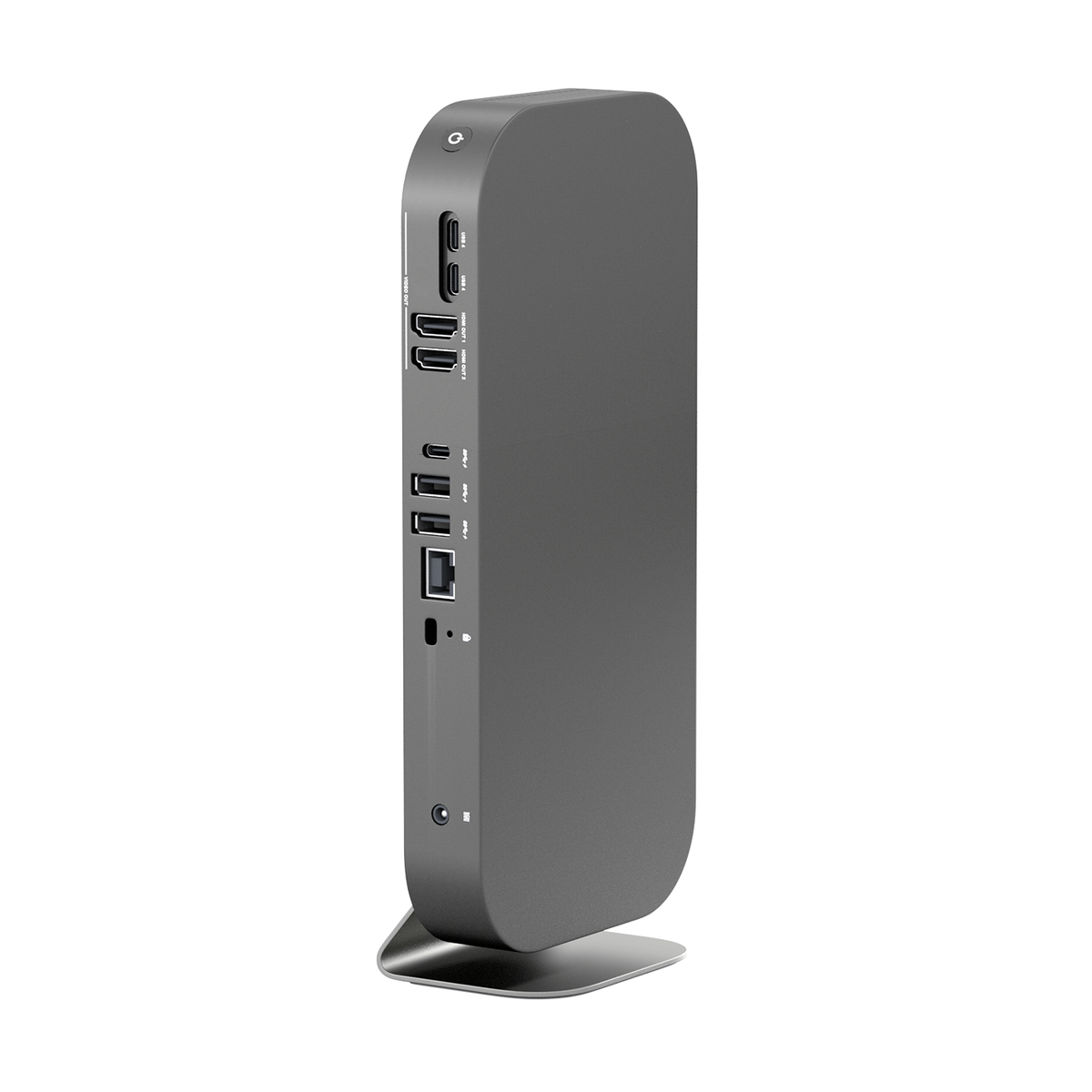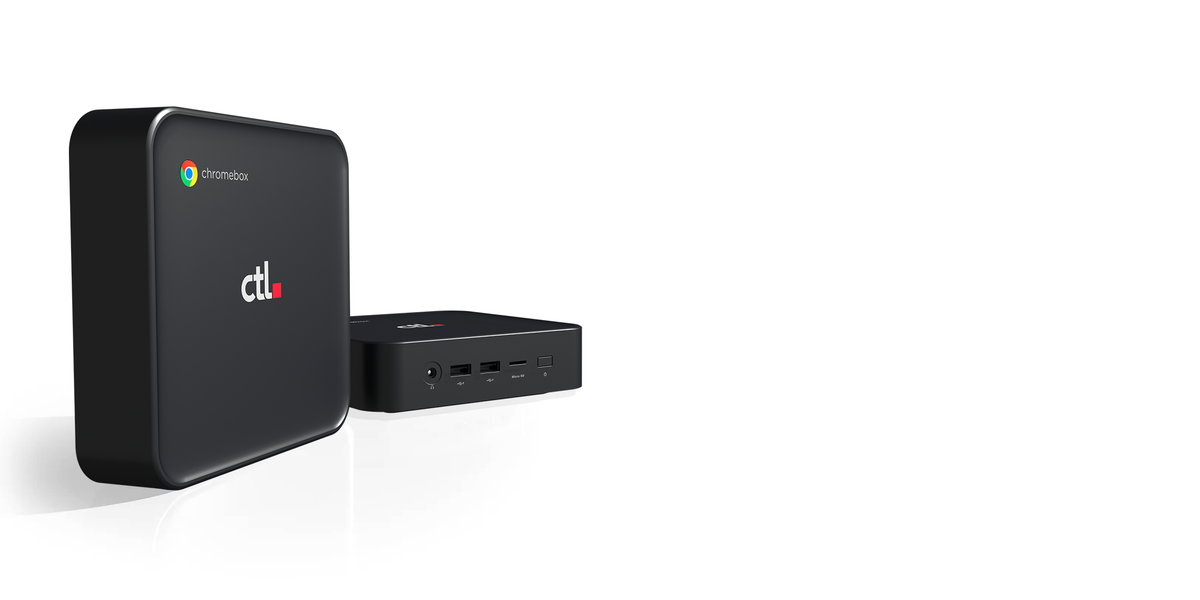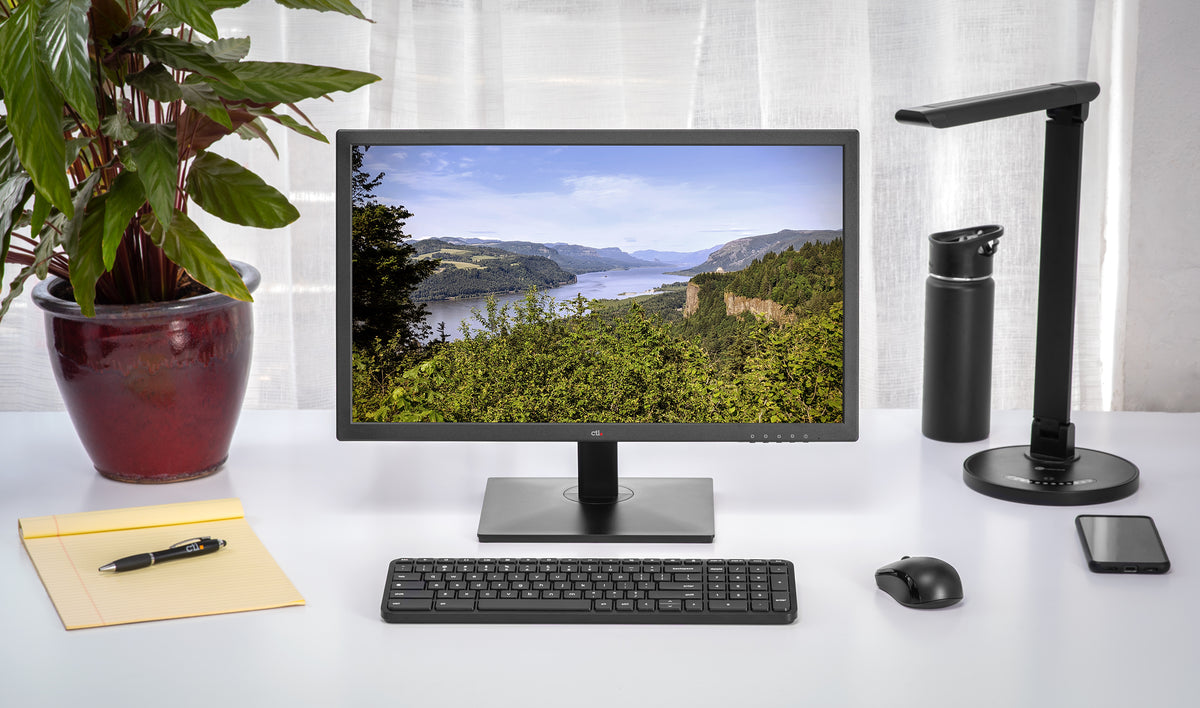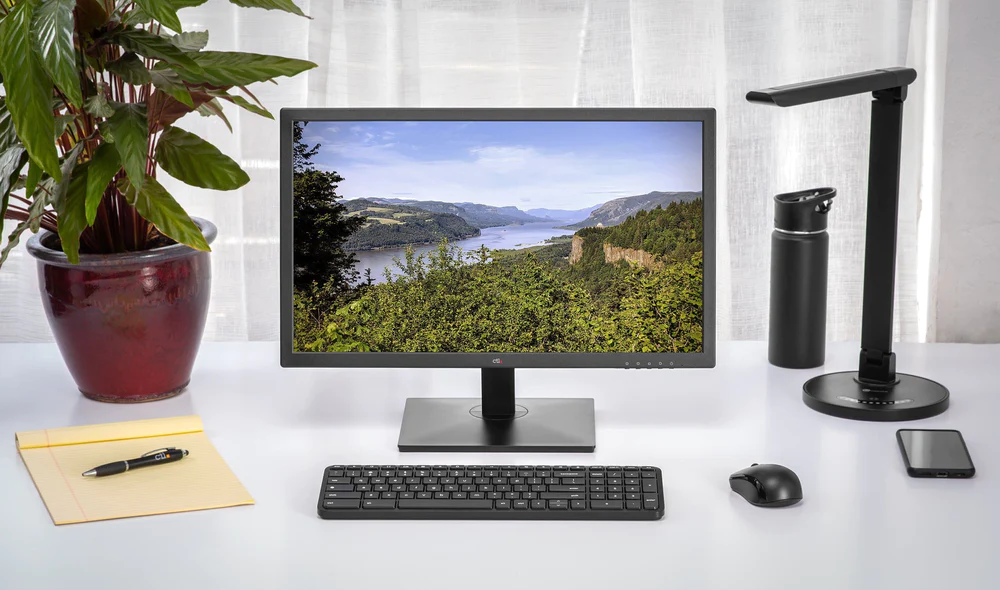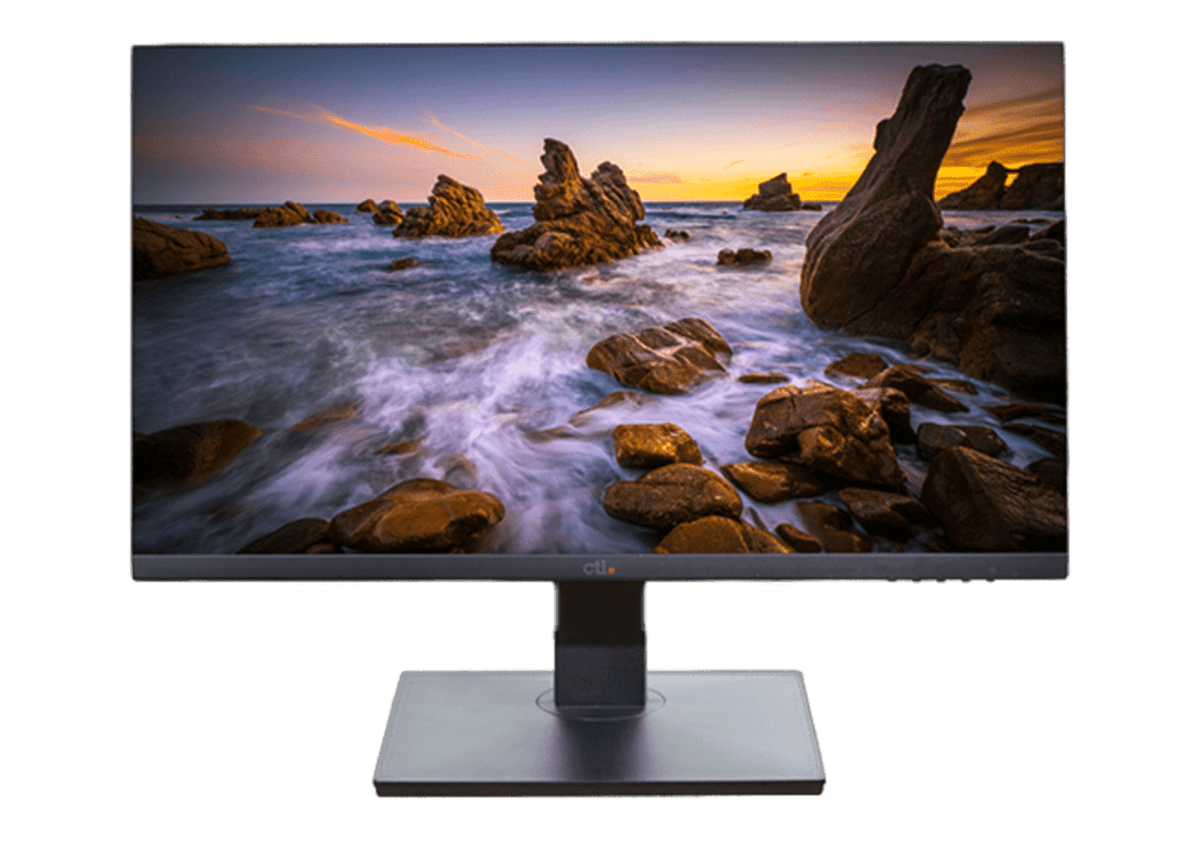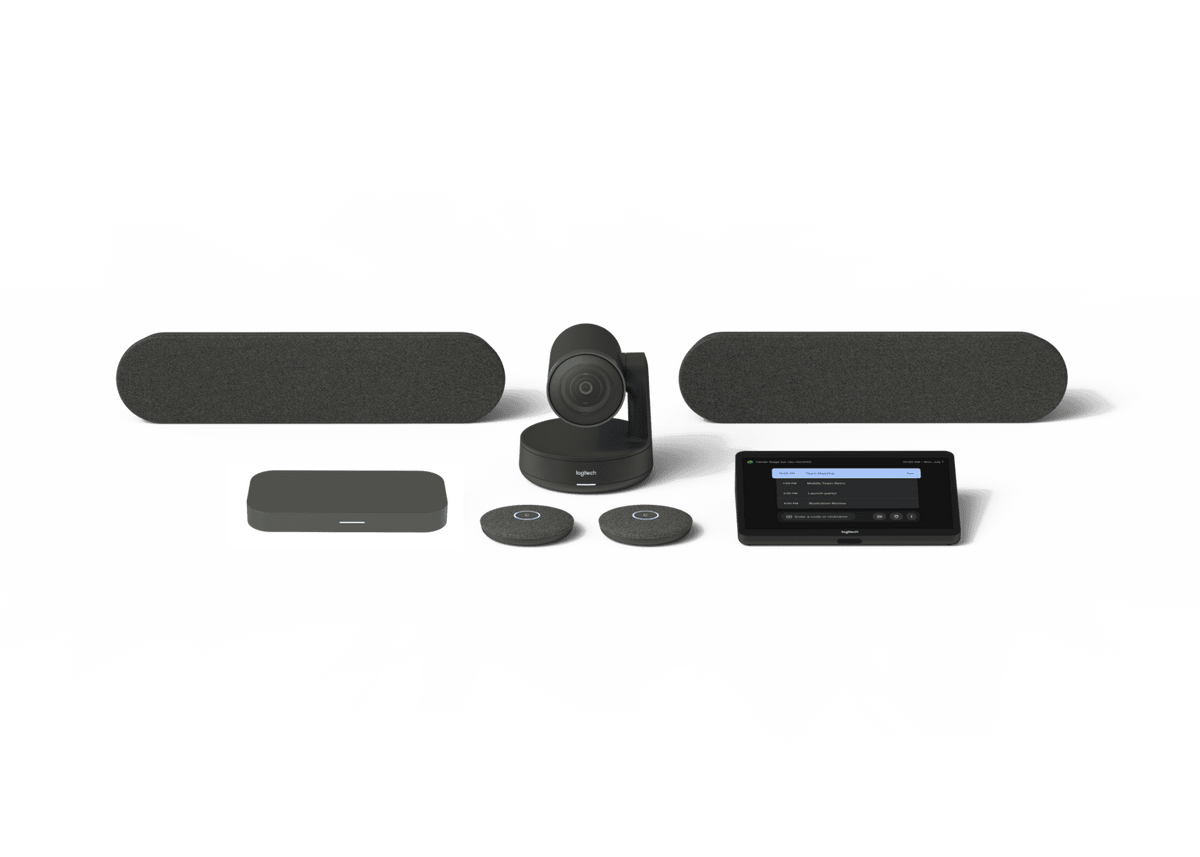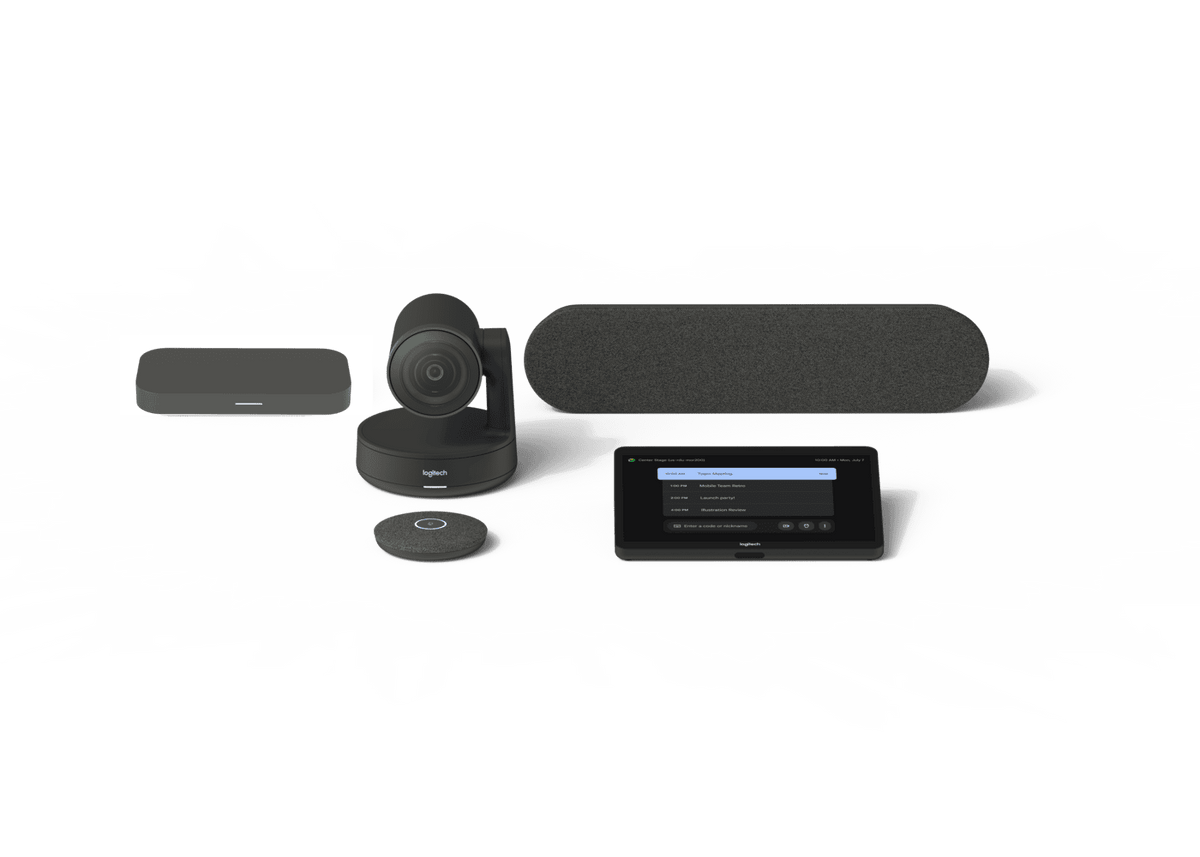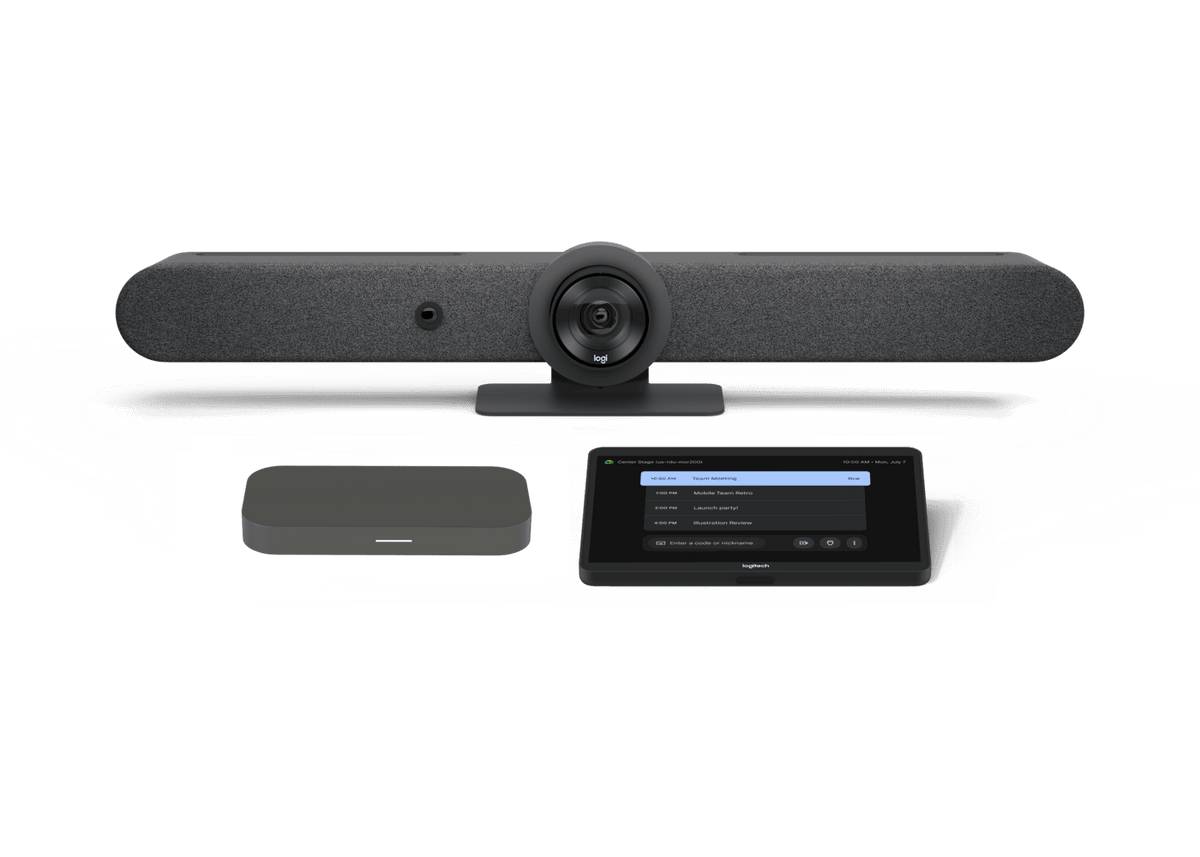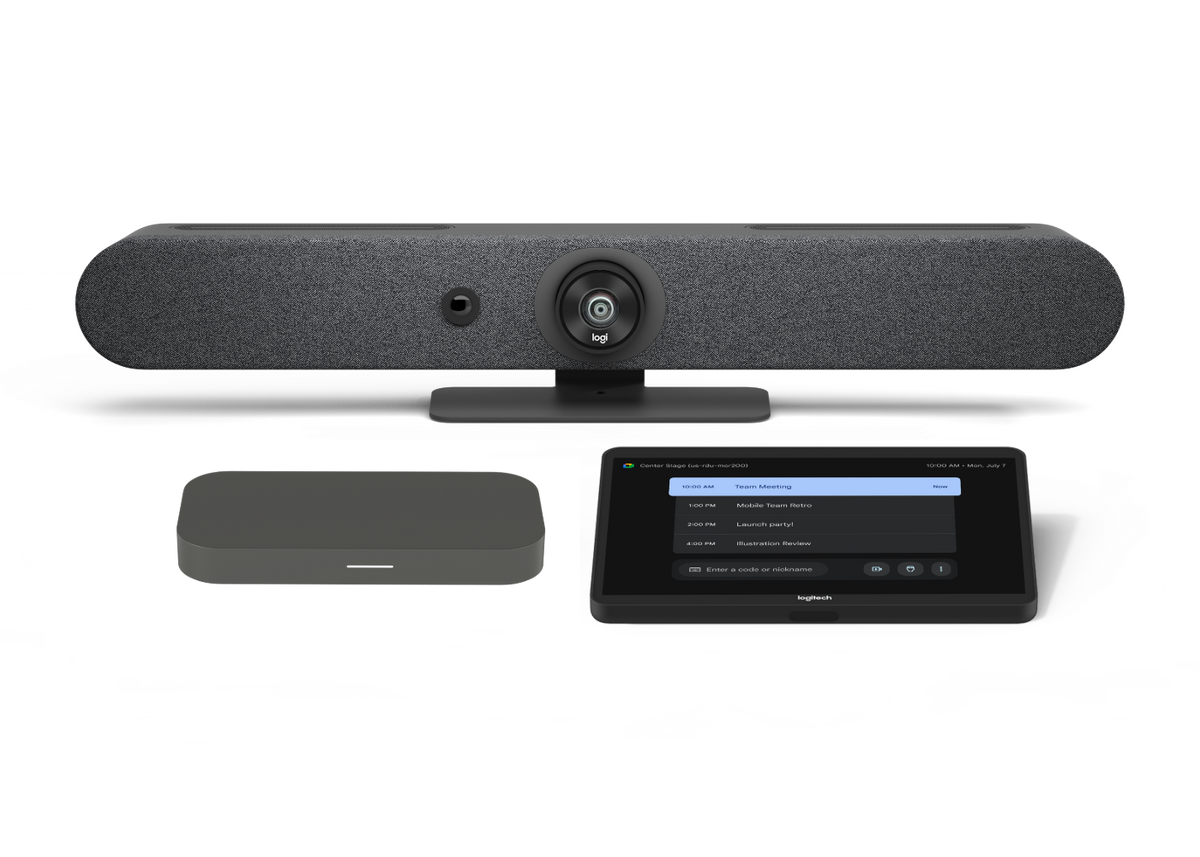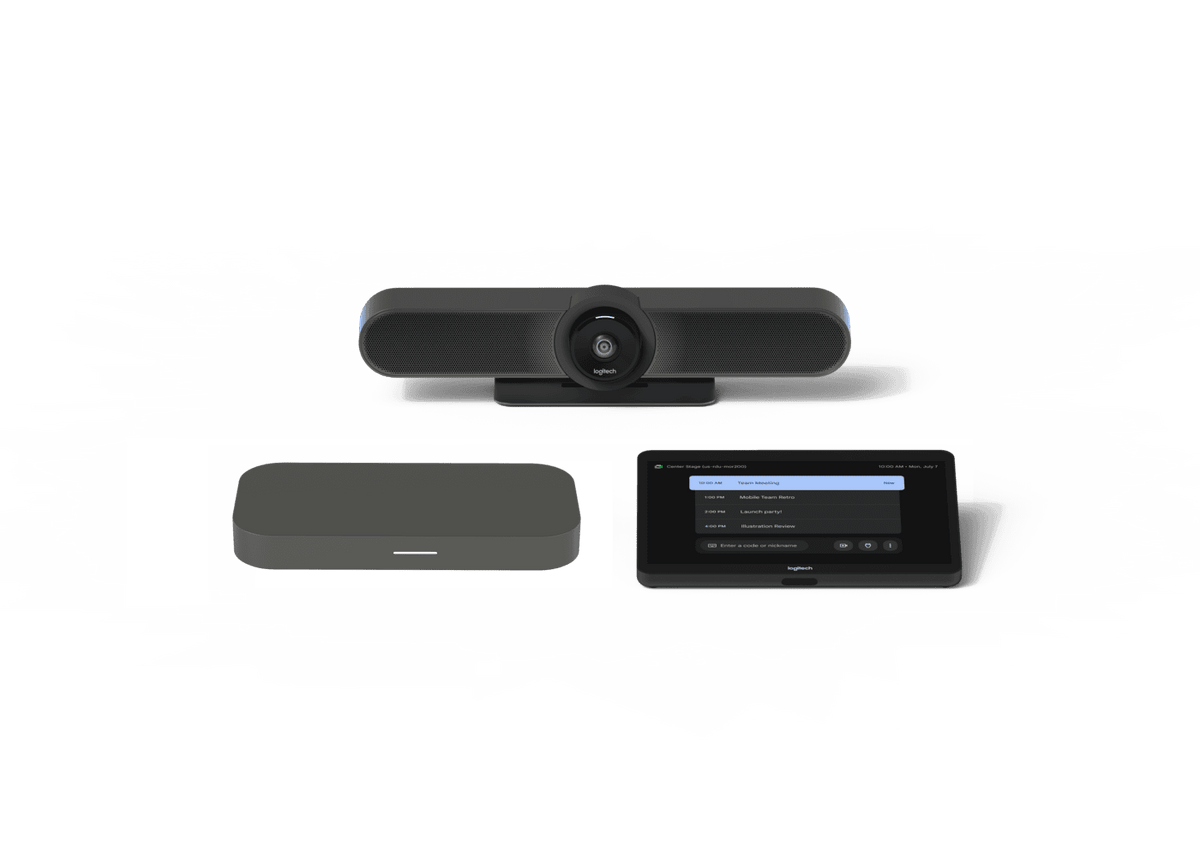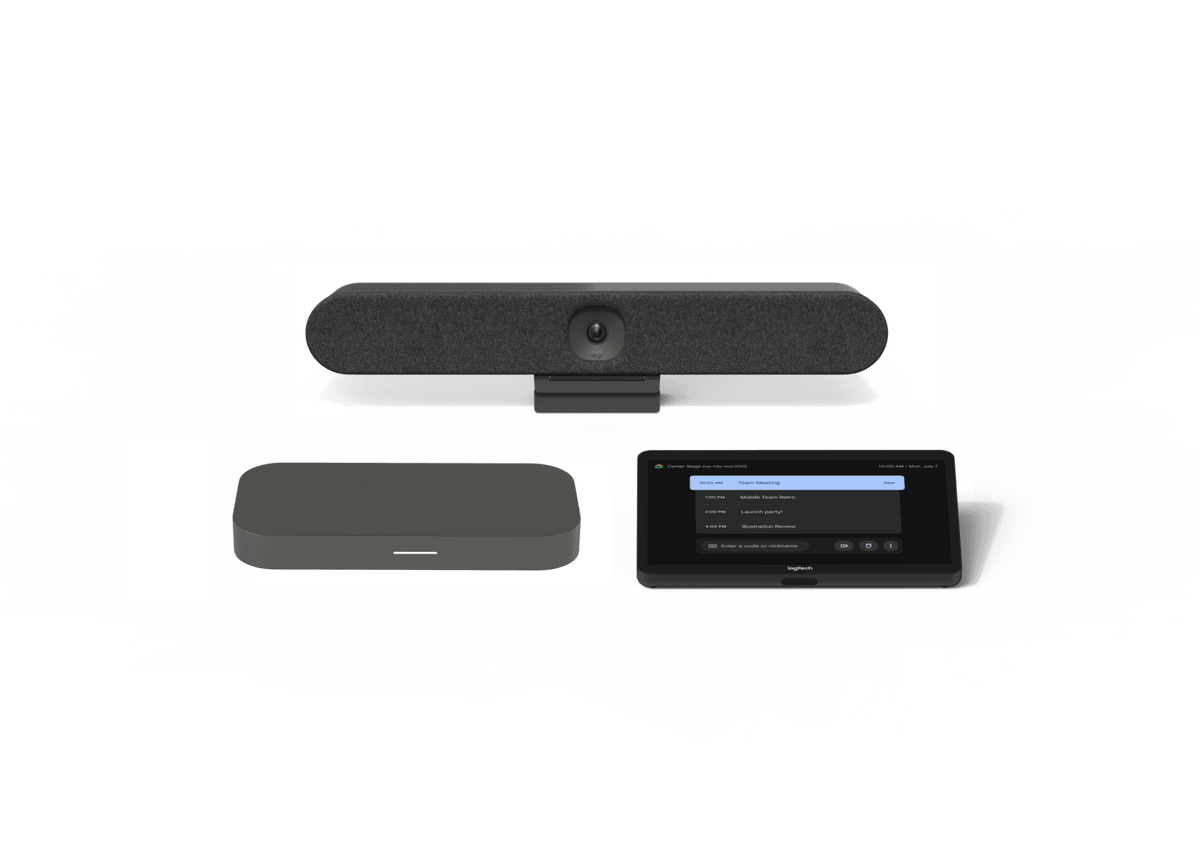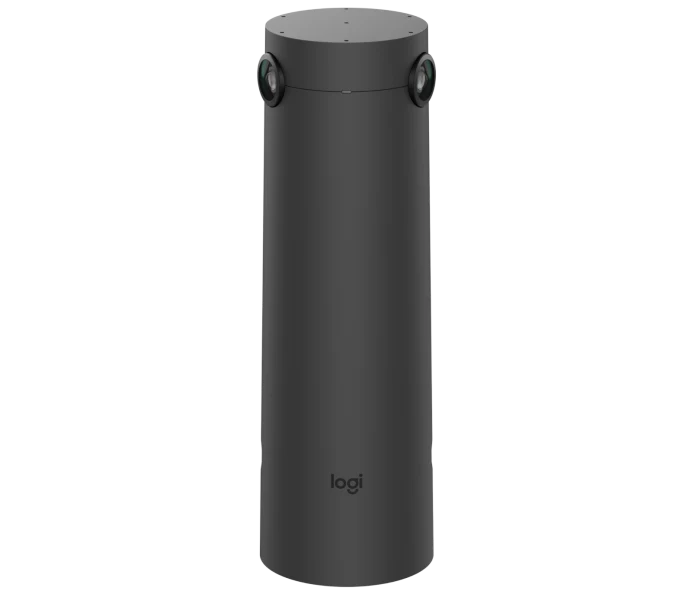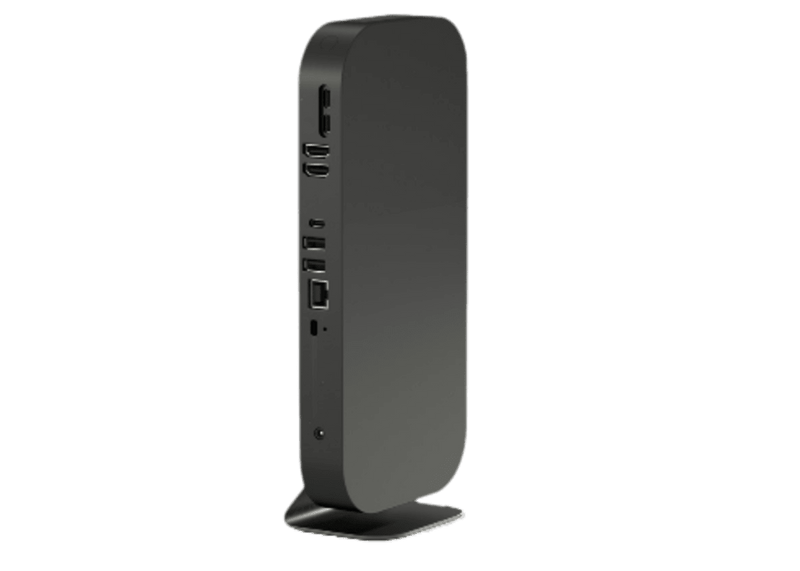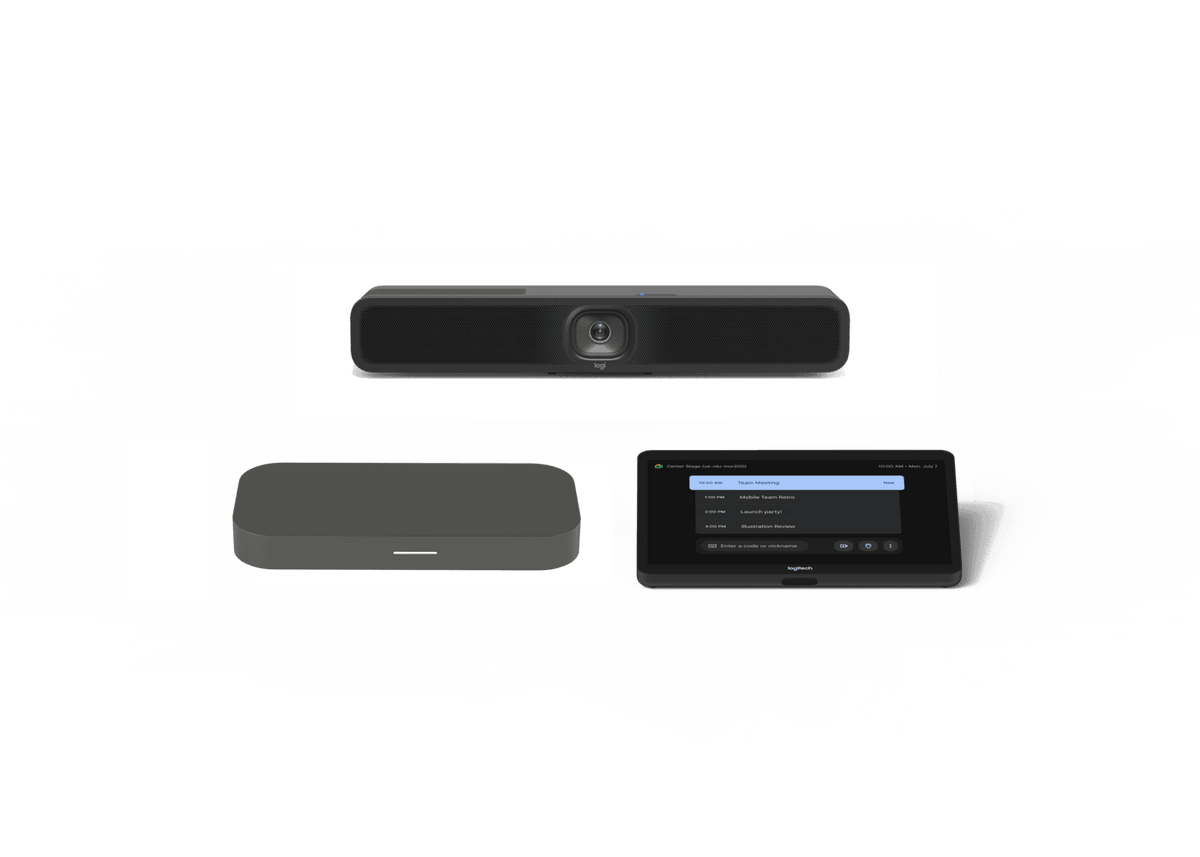Advancing Higher Ed Collaboration and Future-Ready Digital Skills
Higher education is increasingly focused on preparing students for a workforce that demands strong digital literacy and collaborative skills. The ChromeOS ecosystem is designed to support these modern pedagogical goals. Its foundation is built upon seamless integration with the cloud-based productivity suites that are standard in the contemporary workplace.
The platform's native integration with Google Workspace for Education enables students and faculty to collaborate effortlessly and in real time. Multiple users can co-edit documents, spreadsheets, and presentations simultaneously, with all changes saved automatically to the cloud. This facilitates dynamic group projects and peer review processes, mirroring the collaborative workflows of modern businesses. The platform also provides smooth, reliable access to the web-based versions of Microsoft 365 apps, ensuring students can work within the two most dominant productivity ecosystems.
Using these tools daily does more than just facilitate coursework; it actively develops the digital skills that are essential for career readiness. Students become proficient in cloud file management, collaborative editing, and digital communication, skills that are highly valued by employers. Our new whitepaper discusses ChromeOS as a strategic imperative for achieving these higher education goals, offering significant financial, security, and operational advantages.
The platform is also evolving to incorporate the next wave of productivity tools. Newer Chromebook Plus models and integrations within Google Workspace are bringing powerful generative AI capabilities, powered by Gemini, to the forefront. These tools can help students and faculty visualize complex data, organize research, generate creative drafts, and summarize lengthy texts, driving academic innovation and preparing them to leverage AI in their future careers.
Designing for Digital Equity and Universal Access
A core mission of higher education is to provide an inclusive and equitable learning environment for all students. ChromeOS serves as a powerful tool in this endeavor, with a comprehensive suite of built-in accessibility features that promote universal access by default. Unlike other platforms where assistive technologies often require expensive, third-party software licenses, ChromeOS includes a full range of accessibility tools at no additional cost. These include:
-
Reading Mode: Simplifies web page layouts for easier reading.
-
Screen Readers (e.g., ChromeVox): Provide spoken feedback for users with visual impairments.
-
Magnification: Allows users to zoom in on any part of the screen.
-
Dictation and Text-to-Speech: Enables voice typing and reads text aloud.
-
Customizable Display Settings: Includes high-contrast modes and color adjustments.
This "accessibility for all" approach has a profound cultural impact. When these tools are available to every student on every device, it normalizes their use and reduces the stigma that can be associated with specialized assistive technology. Students with additional support needs are not singled out with different hardware; they are using the same devices as their peers, simply enabling the features that best support their learning style.
This approach also has a quantifiable financial benefit. The Forrester TEI study found that the availability of these high-quality, built-in tools meant that one-third fewer students in the composite organization required licenses for third-party accessibility services. This not only saved the institution money but also simplified the support model for the IT department. By providing an affordable device platform with powerful, integrated accessibility features, ChromeOS serves as a powerful instrument for "democratizing technology access" on campus. This elevates the conversation from a simple hardware purchase to a strategic initiative that supports the university's core values of equity and student success.
Read the full whitepaper.
Learn more about partnering with CTL for streamlined and sustainable technology for higher education institutions.
